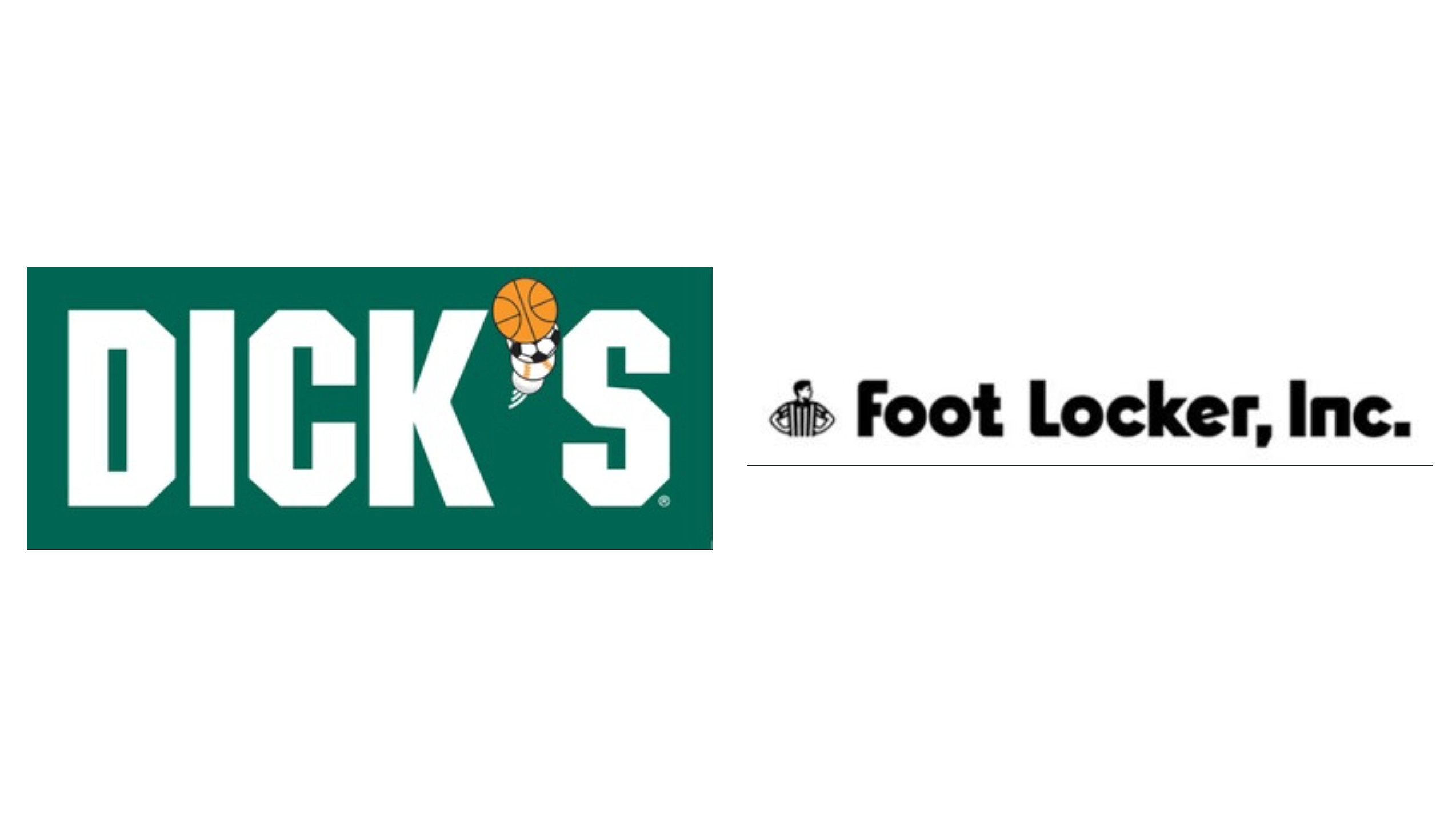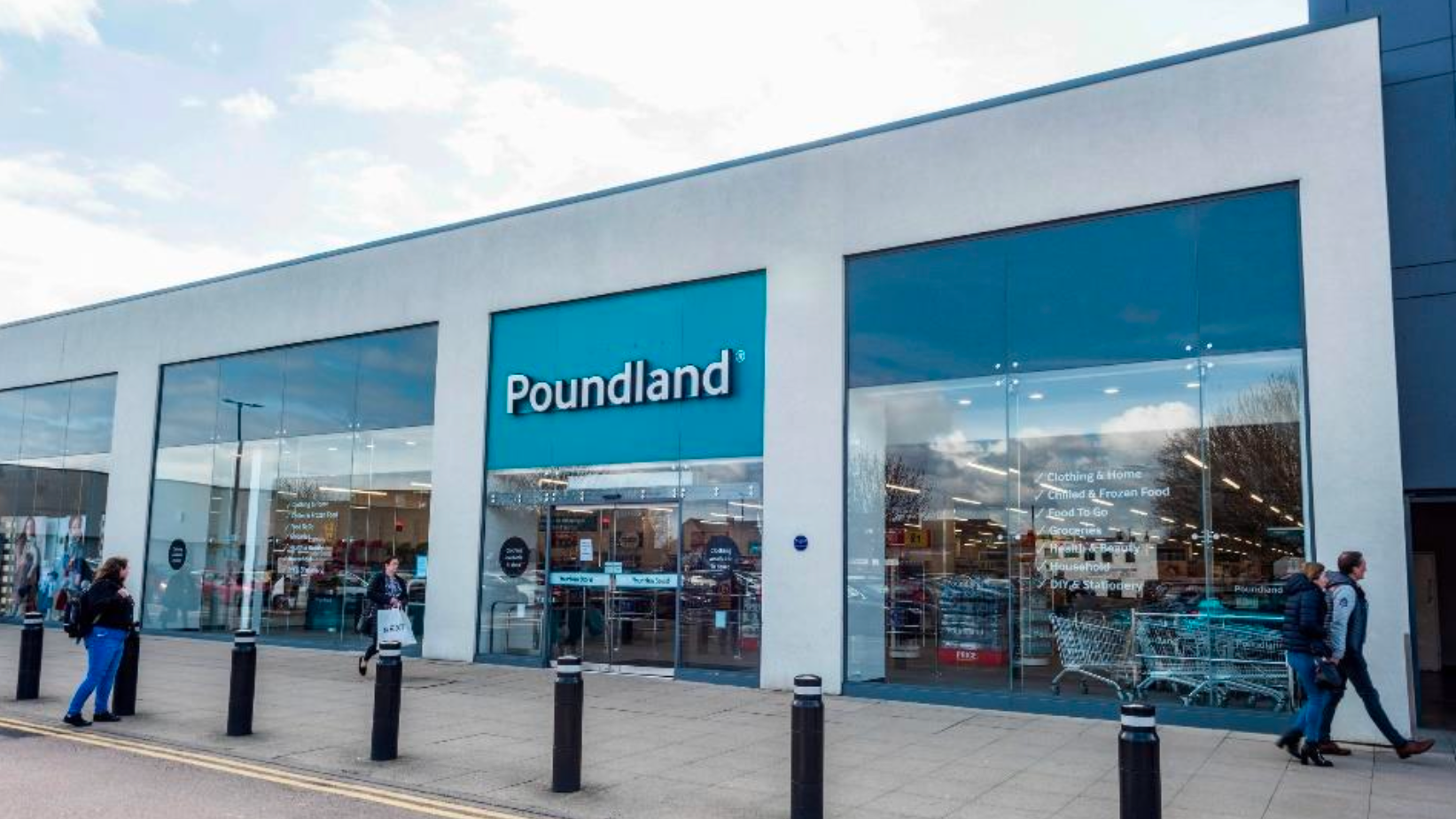Up to 200 Poundland stores face closure and thousands of jobs are at risk as the struggling discount retailer moves closer to a rescue deal that could reshape the business.
Bidders for the beleaguered chain have identified around 200 loss-making stores that could be ditched as they finalise takeover proposals. Formal offers are scheduled to be tabled on Monday, with several investors still in the running for the 825-store chain that employs approximately 15,000-16,000 people across the UK.
Reporting from the Telegraph suggests the discount retailer is unlikely to survive without substantial store closures, creating another significant gap in the British high street. Any new owner is expected to jettison as much as a quarter of the estate within weeks of taking control.
Turnaround firms Gordon Brothers, Hilco Capital, Modella Capital, and Alteri are understood to be among the shortlisted bidders. Reports suggest the chain could be sold for as little as £1 due to the significant turnaround required, with Gordon Brothers considered the frontrunner.
Pepco Group put Poundland up for sale in March as its fortunes declined sharply. The Polish-based parent company described Poundland as a "drag on the group's financial performance – with lower revenue growth, lower gross margins, higher costs to operate, and consequently, lower profitability and returns on invested capital".
Despite generating revenues of more than €2 billion in 2024, the retailer's like-for-like sales fell 7.3 per cent in the three months to December 31. Pepco bosses said Rachel Reeves's National Insurance tax increases had "further pressure to Poundland's cost base".
Under new ownership, closures are expected to be accompanied by a significant cash injection to help return the business to profitability. Prospective backers anticipate having to immediately pump in between £70m and £100m to stabilise the company, with analysts estimating tens of millions more will be required for the turnaround.
The chain's struggles have been partly attributed to its move away from the "everything's a pound" pricing model almost a decade ago. Products are now priced between 50p and £5, diluting the brand's original appeal.
The company has also admitted that cost-cutting measures involving supplier reductions backfired. "It became clear as the year progressed that both the planning and execution of this implementation had shortcomings, with gaps in clothing and general merchandise for the UK customer, impacting revenues and profitability during the year," the company said in December.
Barry Williams, who previously served as Poundland's managing director, has been reappointed to lead the turnaround programme. A Pepco Group spokesperson said: "With Barry Williams' reappointment as managing director, Poundland is executing a turnaround programme to get the business back on track, focusing on its core heritage strengths and a simpler pricing proposition and customer offer."
A deal is expected to be finalised by September, ahead of Pepco's full-year results, with the sale process being led by advisers at Teneo.
Latest News
-
British logistics provider serving major UK supermarkets ‘hit by cyber-attack’
-
New BNPL legislation to give consumers stronger rights
-
Ahold Delhaize poaches chief commercial officer from Lidl
-
Walmart forced to pay Zest Labs $222m over ‘stolen’ tech trade secrets
-
Nike cuts jobs in technology division as part of strategic shift
-
e.l.f. Beauty's Fortune Island surpasses 17 million Roblox users
Poundland significantly reduces antisocial behaviour, aggression and shoplifting with Motorola Solutions VT100 body cameras
Retail should not be a high-risk occupation. As a company, we are focused on listening to our colleagues and customers to help them with the issues they are facing in-store and so far, the feedback on our body cameras has been excellent. They act as a great visual deterrent, help to de-escalate situations and overall, this project has significantly aided our goal to make the retail environment safer.
For further information on Motorola Solutions’ retail security products, including body cameras, click here.
For further information on Motorola Solutions’ retail security products, including body cameras, click here.
Supplying demand: how fashion retailers can meet the needs of customers and still be sustainable
The fashion industry is no stranger to breaking the mould and setting trends, but the pursuit of style can come at a huge cost to the environment.
New legislation, such as the European Union's Ecodesign for Sustainable Products Regulation, will set mandatory minimums for the inclusion of recycled fibres in textiles, making them longer-lasting and easier to repair.
New legislation, such as the European Union's Ecodesign for Sustainable Products Regulation, will set mandatory minimums for the inclusion of recycled fibres in textiles, making them longer-lasting and easier to repair.
© 2024 Perspective Publishing Privacy & Cookies





.jpg)








Recent Stories